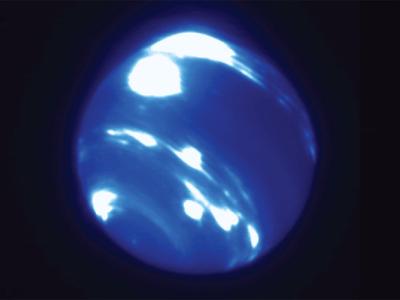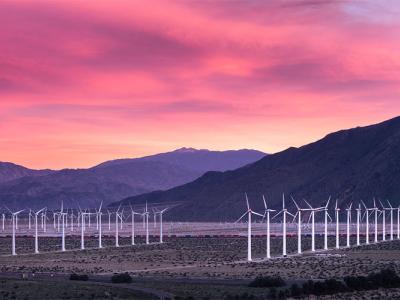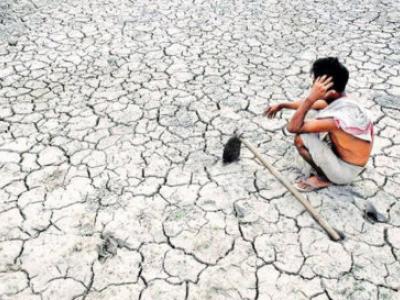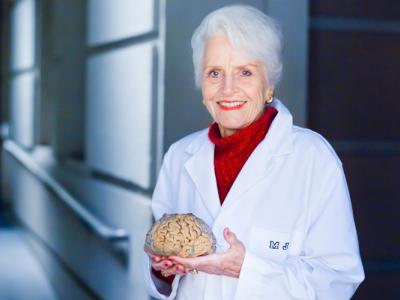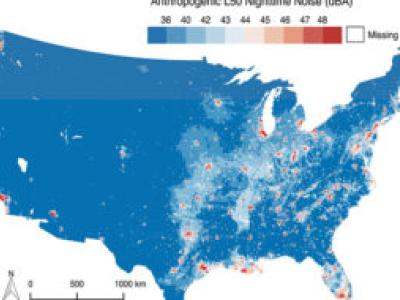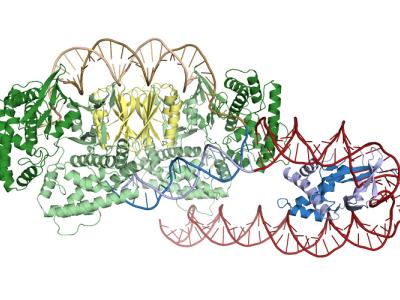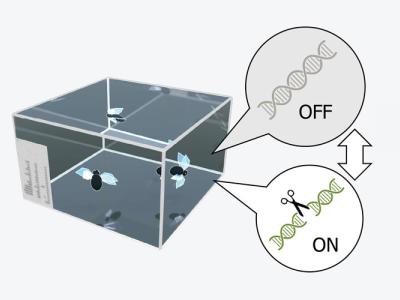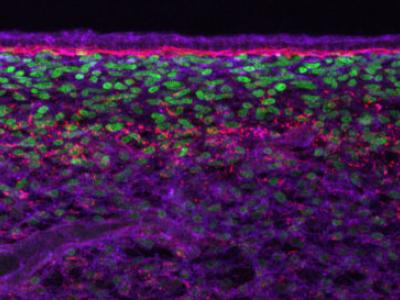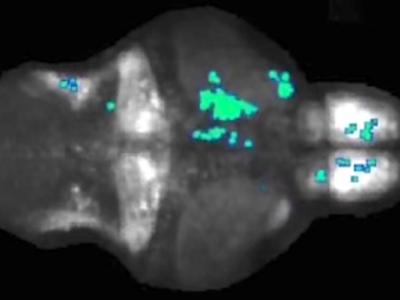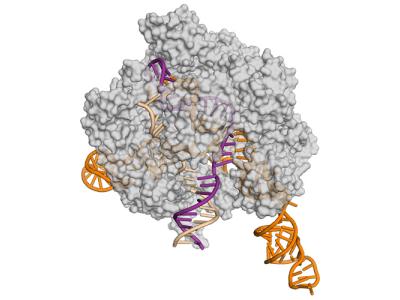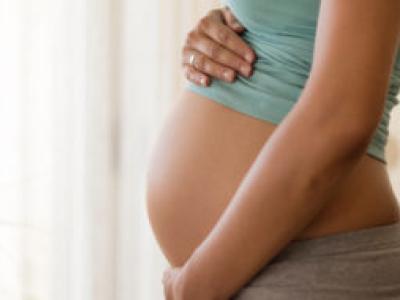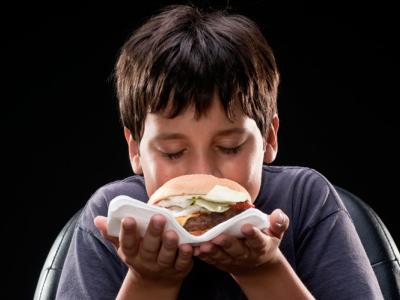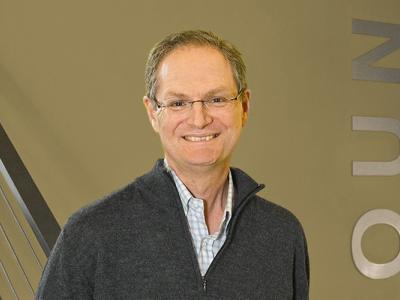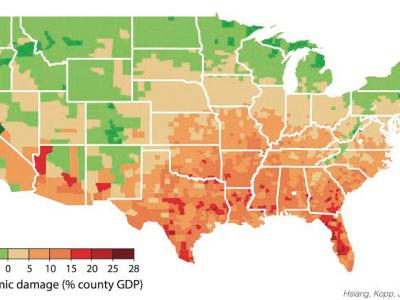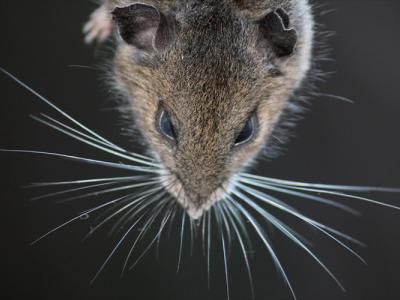Spectacular sunsets and sunrises are enough to dazzle most of us, but to astronomers, dusk and dawn are a waste of good observing time. They want a truly dark sky.
Research News
Learn more about UC Berkeley's researchers and innovators.
Showing 2033 - 2048 of 3524 Results
According to the first comprehensive study of the economic effects of climate programs in California’s Inland Empire, Riverside and San Bernardino counties experienced a net benefit of $9.1 billion in direct economic activity and 41,000 jobs from 2010 through 2016.
Climate change has already caused more than 59,000 suicides in India over the last 30 years, according to estimates in a study published today in the Proceedings of the National Academy of Sciences (PNAS) that suggests failing harvests that push farmers into poverty are likely the key culprits.
Marian Cleeves Diamond, one of the founders of modern neuroscience who was the first to show that the brain can change with experience and improve with enrichment died July 25 at the age of 90 at her home in Oakland.
As the number of white residents in a neighborhood declines, noise rises. But noise pollution is inescapable in segregated cities, where it is worse for everyone, according to the first breakdown of noise exposure along racial, ethnic and socioeconomic lines in the United States.
UC Berkeley researchers have discovered how Cas1-Cas2, the proteins responsible for the ability of the CRISPR immune system in bacteria to adapt to new viral infections, identify the site in the genome where they insert viral DNA so they can recognize it later and mount an attack.
With one eye on potential bioterrorism threats, the Defense Advanced Research Projects Agency today announced $65 million in funding to seven projects around the country – including one led by UC Berkeley – to improve the safety and accuracy of gene editing.
The rubber-like elasticity of skin, which contracts to its original shape after being stretched, is key to the development of regularly spaced hairs and sweat glands during development, according to new research at the University of California, Berkeley.
DARPA has awarded UC Berkeley $21.6 million over four years to create a window into the brain through which researchers — and eventually physicians — can monitor and activate thousands to millions of individual neurons using light.
CRISPR-Cas9 gene editing is based on a tactic bacteria developed to protect themselves from viruses.
When a pregnant woman suffers from stress, she’s more likely to have a low-birth-weight baby than a non-stressed pregnant woman if both are exposed to the same toxic chemicals.
Our sense of smell is key to the enjoyment of food, so it may be no surprise that in experiments at the University of California, Berkeley, obese mice who lost their sense of smell also lost weight.
Paul Alivisatos, an internationally renowned chemist and UC Berkeley’s vice chancellor for research, has been chosen to serve as the campus’s new executive vice chancellor and provost, effective immediately.
The poorest third of U.S. counties will likely lose up to 20 percent of their incomes, and regions such as the Pacific Northwest and New England will gain economically over the Gulf and Southern states, if climate change continues unmitigated through the end of the century.
The number of Californians with access to high-speed internet at home continues to increase, according to a new poll from UC Berkeley.
Mice, unlike cats and dogs, are able to move their whiskers to map out their surroundings, much as humans use their fingers to build a 3D picture of a darkened room.

